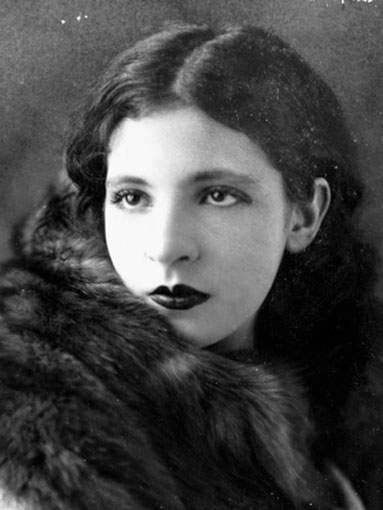
Industrial Park
1933
First Published
3.73
Average Rating
107
Number of Pages
A member of Brazil's avant-garde in its heyday, Patrícia Galvão (or, to use her nickname, Pagu) was extraordinary. Not only was her work among the most exciting and innovative published in the 1930s, it was unique in portraying an avant-garde woman's view of women in São Paulo during that audacious period. Industrial Park, first published in 1933, is Galvão's most notable literary achievement. Like Döblin's portrayal of Berlin in Alexanderplatz or Biely's St Petersburg, it is a book about the voices, clashes, and traffic of a city in the middle of rapid change. It includes fragments of public documents as well as dialogue and narration, giving a panorama of the city in a sequence of colorful slices. The novel dramatizes the problems of exploitation, poverty, racial prejudice, prostitution, state repression, and neocolonialism, but it is by no means a doctrinaire tract. Galvão's ironic wit pervades the novel, aspiring not only to describe the teeming city but also to put art and politics in each other's service. Like many of her contemporaries, Galvão was a member of the Brazilian Communist Party. She attracted Party criticism for her unorthodox behavior and outspokenness. A visit to Moscow in 1934 disenchanted her with the communist state, but she continued to militate for change upon returning to Brazil. She was imprisoned and tortured under the Vargas dictatorship between 1935 and 1940. In the 1940s she returned to the public through her journalism and literary activities. She died in 1962.
Avg Rating
3.73
Number of Ratings
549
5 STARS
23%
4 STARS
39%
3 STARS
29%
2 STARS
8%
1 STARS
2%
goodreads
Author

Patrícia Galvão
Author · 3 books
Patrícia Rehder Galvão, conhecida pelo pseudônimo de Pagu, (São João da Boa Vista, 9 de junho de 1910 — Santos, 12 de dezembro de 1962) foi uma escritora, poeta, diretora de teatro, tradutora, desenhista, cartunista, jornalista e militante política brasileira. Teve grande destaque no movimento modernista iniciado em 1922, embora não tivesse participado da Semana de Arte Moderna, tendo na época apenas doze anos de idade. Militante comunista, foi presa por motivações políticas. https://pt.wikipedia.org/wiki/Pagu